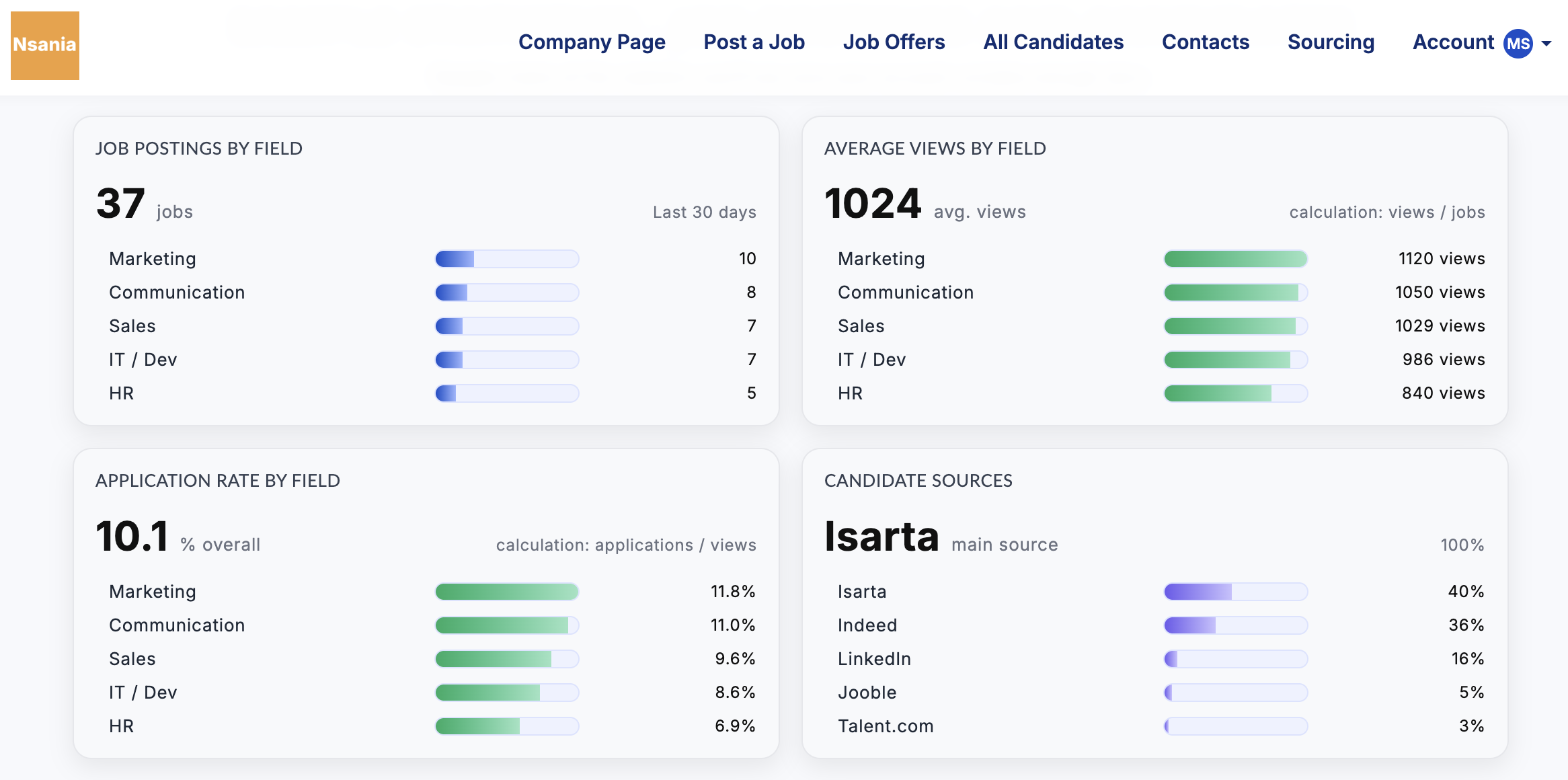Leger conducted a very interesting survey at the end of last year with the unveiling of the 4th edition of its Youth Study. This study helps marketers and HR to improve their relationships with the younger generation. Here are the highlights.
Let’s start with a part that will be of primary interest to employers: the relationship to work. All the more so in this context of labour shortage, which has reversed the employee-employer balance of power.
Already, Millennials and Generation Z have taken note of this economic context and their value! Two-thirds (66%) believe that if they left their job now, they would easily find another one.
Furthermore, 64% of them believe that their employer is more dependent on them than the other way around. So it’s hardly surprising that 25% of workers under 40 say they intend to leave their jobs in the next year. It should be noted that half (52%) of those who want to leave their job admit they still enjoy it!
The search for flexibility
That being said, what can employers do to try to make them want to stay? Here are some answers.
It’s not surprising that salary and job security are the two most sought-after benefits for younger generations. Regardless of their age, these two factors remain key to happiness at work.
However, it seems that one criterion is very important to the younger generations: flexibility! 79% of respondents say that if they could choose their own schedule, they would choose something other than a fixed 9-to-5 schedule. Among the latter, 24% would choose to have a number of hours to work per week without a fixed schedule, and 21% would like to have only tasks and objectives to accomplish, without a specific number of hours.
27% of young workers believe that working wherever they want – in other words, the ability to telecommute – is an incentive they seek. As a direct result of the pandemic, Zs and millennials feel that being able to work where they want will save them time and improve their quality of life. In fact, 24% of young full-time workers say they would quit their jobs if they had to return to the office five days a week.
Finally, it is clear that this flexibility must also be embodied in organizational structures. This is less of a part of the organizational discussion to attract young workers, but it is still essential to them.
Vertical and immovable structures are very likely to discourage young workers. Among full-time workers, the most commonly cited dissatisfaction with their current job is that their organization’s hierarchies are too top-heavy and not nimble enough (43%). Among those who say they don’t like their job; the proportion rises to 60%!
In addition, 52% of workers would like to have new challenges/new responsibilities each new year. Not necessarily a promotion, but new responsibilities that would allow them to move horizontally – rather than vertically – within an organization. A constant need for novelty within their organization that is probably the most underestimated by organizations, and essential to attract and satisfy these young workers in this context of labor shortage.
New consumer habits
The study also looks at the consumer side of things, a part that will be of particular interest to marketers. What does it tell us? First of all, young consumers want efficiency in their purchases. If there are barriers, they will find alternatives relatively easily. Whether it is for online or in-store purchases.
Any organization must make them understand that shopping at home is simple and efficient. If there are too many interactions or unnecessary barriers and waiting times, they will find alternatives,” advises the report.
Another thing to keep in mind is that these consumers are highly informed… and product reputation is becoming increasingly important. Reviews left by other shoppers are the main reference for young Zs and millennials (41%) when it comes to making a major purchase… far ahead of parents or family (26%)!
Finally, this generation, which is very focused on the ecological and ethical dimension, is particularly demanding on these notions according to Leger. 46% of young consumers aged 15 to 39 said they had reduced their consumption of fast-fashion in the last year, and 35% had reduced their consumption of meat. In addition, 24% of them have boycotted a brand because of allegations of sexism or racism, and 23% because of its environmental footprint.
All right!
Methodology:
The Youth study focuses on two younger generations, Millennials, ages 26-40, and Generation Z, ages 13-25, and was conducted among 3,515 Canadians and Americans ages 15-39.




